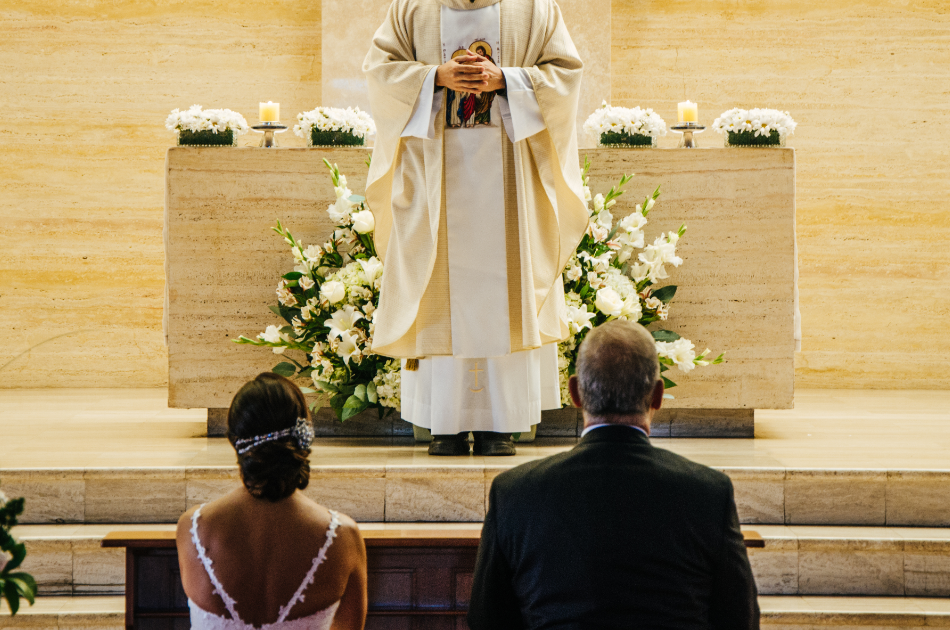Non-Americans reveal the fascinating ways they count 'One Mississippi' in their country
Yes, many people around the world count "Mississippilessly."

People who live nowhere near Mississippi have their own unique ways of counting seconds.
Imagine you're nine years old. You're playing hide and go seek with your friends, and it's your turn to seek. You lean against a tree and cover your eyes and begin to count. How do you do it? If you were born in the USA, there is only one way:
"One Mississippi...two Mississippi...three Mississippi..."
Counting by "Mississippis" is the gold standard for people growing up in America. Though there are other ways to count out estimated seconds, Mississippi has the perfect length, correct number of syllables, and just the right sing-song rhythm that makes it such a catchy way for kids to learn to count. For many of us, the habit follows us into adulthood. We may not count out loud during backyard games as often anymore, but secretly many of us still do it in our heads.

Mississippi, though, is a very American word because it's a very American place. So recently a curious social media user posed the question: How do non-Americans count seconds instead of using One Mississippi, Two Mississippi, etc.?
The Reddit thread got over a thousand comments from people wanting to chime in. In fact, it's such a good question that the topic has come up on social media many times over the years, in several Reddit threads, YouTube videos, and more.
Seems we just can't get enough of this fascinating topic! Here are the best responses from people around the globe.

For starters, let's briefly recognize that not everyone in the USA counts "One Mississippi." There is another popular, though far inferior, method of counting.
"As an American, I rarely use Mississippi to count seconds. I normally use 'one thousand,'" a user wrote on Reddit.
Yes, One One Thousand, Two One Thousand, Three One Thousand, etc. Effective, but boring!
In the UK, there are a few popular options. Some people there even say Mississippi, even though it's thousands of miles away and they probably know almost nothing about the place! That's how catchy it is.
In a YouTube video on the subject posted by Numberphile, an American woman living in England, she shares that people she knows use "1 Piccadilly, 2 Piccadilly..." or "1 Elephant, 2 Elephant..."
One user on Reddit said, "'One silly second, two silly seconds' - in my part of the UK (in the 80s)"
Another user mentioned they were familiar with "One steamboat, two steamboats..." but mostly during football matches.
People who live in France or speak French Canadian seem to have a lot of different options:
"In french we say '''un bateau, deux bateaux'' (one boat, to boats)' one user wrote.
"un sucre, deux sucres, trois sucres... (one sugar, two...)" said another.
Another person added, "in French I grew up with « un crocodile, deux crocodiles » or « un hippopotame, deux hippopotames »"
"French canadian, we count hippopotamuses ... Un hippopotame, deux hippopotames..." someone else agreed.

Animal names for counting seconds seem to be a popular choice all over the world, in fact, with elephants, crocodiles, and the mighty hippopotamus ruling the day.
"In South Africa we used to say 'one crocodile', 'two crocodiles', etc."
"Australia: one cat-and-dog, two cat-and-dog, three cat-and-dog"
"Egy elefánt, két elefánt, három elefánt, ... Hungarian: one elephant, two elephant, the elephant"
Some countries have a creative and interesting technique. Instead of using a filler word, they start counting at later numbers that have more syllables.
"In Dutch, we start counting at 21, which has four syllables. The pace is a bit slower than the Mississippis. Eenentwintig tweeëntwintig, drieëntwintig.." a user wrote.
A German speaking user echoed the sentiment: "The actual way I‘ve been taught to count seconds in German is by saying twenty one, twenty two, etc.. in German. So: Einundzwanzig, zweiundzwanzig, dreiundzwanzig, vierundzwanzig,…"
Other countries have their own version of "One One Thousand..."
"The only ones I've heard people use here in Sweden is saying ettusenett, ettusentvå, ettusentre etc. which means 'onethousandone, onethousandtwo...'" a user wrote.
"Czech: jednadvacet, dvaadvacet... (one-and-twenty, two-and-twenty...)" another added.
And others were just completely unique:
"In Denmark we use 'en kasse øl, to kasser øl ....'. Basically counting cases of beer"
"In India we say 'Tick tick one', 'tick tick two' sort of like ticking of the clock."

Finally, because the Internet, social media users had some excellent jokes:
"In Canada, we just apologize after every number. 'One, I'm sorry; two, I'm sorry...'"
"One Transylvania, ah, ha, ha, Two Transylvania, ah, ha, ha..... I obviously live on Sesame Street."
"One Maple Syrup, Two Maple Syrup…."
"In Wales, they say ONE llanfairpwllgwyngyllgogerychwyrndrobwllllantysiliogogogoch, TWO llanfairpwllgwyngyllgogerychwyrndrobwllllantysiliogogogoch, THREE llanfairpwllgwyngyllgogerychwyrndrobwllllantysiliogogogoc."
(You may recognize that word as the longest village name in Britain and the subject of an incredible viral TV weather forecast moment.)
How did Mississippi become the standard method of counting seconds in the United States? It's hard to say for sure, but one of the earliest references comes from a book titled How to Use Psychology in Business from 1936.
The passage in question discusses the most efficient method of climbing stairs to conserve energy (for some reason), and recommends counting Mississippis on each stair to achieve the optimal pacing of about one step per second.
From there, the fun, catchy, sing-songiness of the method made it a go-to choice for kids counting in schoolyard games, and the rest was history.
While Mississippi is definitely the most fun and effective method in American English for estimating seconds, some of the international options are fascinating and super creative. All in all, Sesame Street's The Count would be incredibly proud of us.









 A woman reading a book.via
A woman reading a book.via A woman tending to her garden.via
A woman tending to her garden.via
 America has strict mandates and requirements about accessibility in public spaces. Photo by
America has strict mandates and requirements about accessibility in public spaces. Photo by  Many places in Europe don't expect you to tip, but they also don't provide free refills on drinks. Photo by
Many places in Europe don't expect you to tip, but they also don't provide free refills on drinks. Photo by 
 Cats can be finicky about how they're held.
Cats can be finicky about how they're held.  Squish that cat.
Squish that cat. 
 A happily married couple.via
A happily married couple.via  A couple getting married.via
A couple getting married.via  TikTok · Kingboiza
TikTok · Kingboiza 
 The 4-7-8 method is a breathing technique to help you fall asleep.
The 4-7-8 method is a breathing technique to help you fall asleep. Man wakes up in the middle of the night.
Man wakes up in the middle of the night.